Cut the Crap & Move To Costa Rica is a how-to guide that offers valuable insights and practical advice for anyone who wants to relocate to Costa Rica. The book is based on the experiences of Steve and Nikki Page, a couple who moved to Costa Rica with their family and started a new life there. The Pages share their knowledge and expertise on everything from finding the right community to navigating the legal and financial aspects of relocation.
Whether you are looking for a change of scenery, a more relaxed pace of life, or a new adventure, Cut the Crap & Move To Costa Rica can help you make your dream a reality. The book covers a wide range of topics, including the cost of living, healthcare, education, and employment opportunities. It also provides practical tips on how to adjust to a new culture and make the most of your new life in Costa Rica.
With its comprehensive coverage and practical advice, Cut the Crap & Move To Costa Rica is an invaluable resource for anyone who is considering relocating to this beautiful country. Whether you are a retiree, a young family, or a digital nomad, this book can help you navigate the challenges and opportunities of starting a new life in Costa Rica.
Why Costa Rica?
Costa Rica is a popular destination for those seeking a change of pace and a new adventure. It offers a unique blend of natural beauty, stable economy, and friendly people that make it an attractive option for those looking to move abroad.
Natural Beauty
Costa Rica is known for its stunning natural beauty, with lush rainforests, pristine beaches, and diverse wildlife. The country is home to many national parks and protected areas, making it an ideal destination for nature lovers and outdoor enthusiasts.
The country's tropical climate also makes it a popular destination for those seeking warmer weather and sunshine year-round.
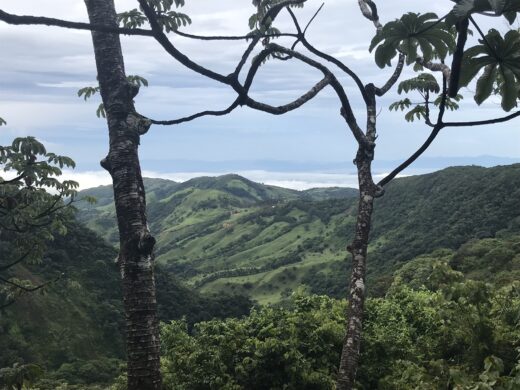
Friendly People
Costa Ricans, or "Ticos," are known for their friendly and welcoming nature. The country has a strong sense of community and family values, making it an ideal place for those looking for a close-knit community.
The country is also known for its commitment to sustainability and protecting the environment, which is reflected in the attitudes and behaviors of its people.
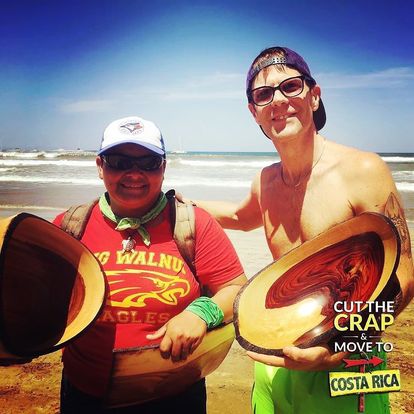
Cost of Living
One of the major factors to consider when moving to Costa Rica is the cost of living. While the cost of living may be lower than in some Western countries, it is important to keep in mind that prices can vary depending on the location and the lifestyle you choose. Here is a breakdown of some of the major expenses you can expect when living in Costa Rica.
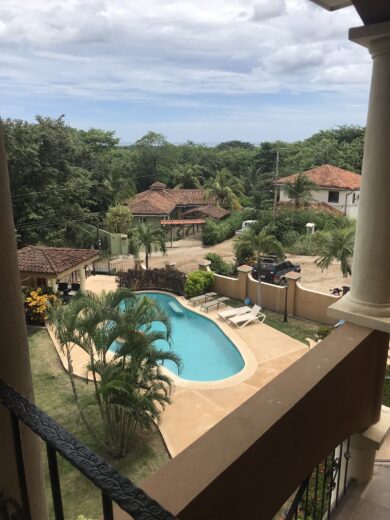
Housing
The cost of housing in Costa Rica can vary greatly depending on the location and the type of accommodation you choose. In general, you can expect to pay around $900 to $3,500 per month for a one-bedroom apartment or house. If you are looking for something more luxurious, the prices can go up to $3,000 or more per month. Keep in mind that utilities such as electricity, water, and internet are not always included in the rent and can add up to an additional $200 to $300 per month.
Costa Rica Food's
Food and Groceries
The cost of food and groceries in Costa Rica can be relatively affordable if you stick to local markets and cook at home. A week's worth of groceries for two people can cost around $50 to $75. However, if you prefer to eat out at restaurants or buy imported goods, the cost can be much higher. A meal at a mid-range restaurant can cost around $12 to $18 per person, while a coffee at Starbucks can cost around $5 to $20.
Transportation
Transportation in Costa Rica can be relatively affordable if you use public transportation such as buses or shared shuttles. A one-way bus ticket can cost around $0.50 to $1, while a shared shuttle can cost around $30 for a one-way ride. If you prefer to rent a car, the cost can be much higher. A basic car rental can cost around $30 to $50 per day, while a more luxurious car can cost around $100 or more per day.
Costa Rica Visa and Residency
Tourist Visa
If you're planning to stay in Costa Rica for less than 180 days, you can enter the country as a tourist. Citizens of many countries, including the United States, Canada, and the United Kingdom, do not need a visa to enter Costa Rica as a tourist. However, you will need to have a valid passport with at least six months of validity remaining.
It's important to note that while a tourist visa allows you to stay in the country for up to 180 days, you cannot work during this time. If you plan to work in Costa Rica, you will need to obtain a different type of visa.
****Visa rules can change quickly, so make sure to check that you are ready for travel and verify the latest updates with the embassy."

Rentista Visa
The Rentista Visa is a type of visa that allows you to live in Costa Rica as long as you can prove that you have a steady income of at least $2,500 per month. This income can come from a variety of sources, including investments, rental income, or a pension.
In addition to providing proof of income, you'll also need to undergo a background check and provide a variety of documents, including a birth certificate, marriage certificate (if applicable), and police clearance certificate. The Rentista Visa is valid for two years and can be renewed.
Pensionado Visa
The Pensionado Visa is similar to the Rentista Visa, but is designed specifically for retirees. To qualify, you must be over the age of 55 and have a guaranteed income of at least $1,000 per month from a pension or retirement account.
Like the Rentista Visa, you'll need to provide a variety of documents and undergo a background check. The Pensionado Visa is also valid for two years and can be renewed.
It's important to note that obtaining a visa and residency in Costa Rica can be a complex process. We recommend consulting with an immigration attorney to ensure that you have all the necessary documents and meet all the requirements.
Healthcare in Costa Rica
When moving to a new country, one of the most important aspects to consider is healthcare. Costa Rica has a reputation for having a high quality of healthcare, with both public and private options available. In this section, we will explore the different healthcare options available in Costa Rica.
The CCSS is funded through a combination of payroll taxes and government subsidies. While the system is known for its quality of care, it can be overcrowded and have long wait times for non-emergency procedures. However, many expats still choose to use the public healthcare system due to its affordability and access.
Costa Rica Private Healthcare
Private healthcare in Costa Rica is also widely available and often used by expats. Private hospitals and clinics typically offer shorter wait times and more personalized care, but can come at a higher cost. Some private healthcare providers in Costa Rica include Hospital CIMA, Clinica Biblica, and Hospital La Catolica.
It is important to note that private healthcare is not covered by the CCSS, so it is important to have health insurance or be prepared to pay out of pocket for any services received.
Health Insurance
Health insurance is highly recommended when moving to Costa Rica. Many expats opt for international health insurance, which can provide coverage both in Costa Rica and in their home country. Some popular international health insurance providers include Cigna, Aetna, and GeoBlue.
It is also possible to purchase local health insurance in Costa Rica. The CCSS offers a health insurance plan for legal residents, which includes coverage for both public and private healthcare services. Private health insurance plans are also available through providers such as INS and BlueCross BlueShield.
Costa Rica Culture and Lifestyle
Language and Communication
The official language of Costa Rica is Spanish. However, many people in the country also speak English. If you are planning to move to Costa Rica, it is recommended that you learn some basic Spanish phrases to make your daily communication easier. You can also take Spanish classes to improve your language skills.
Social Etiquette
Costa Ricans are known for their friendly and welcoming nature. They place a great deal of importance on personal relationships and social interactions. It is considered polite to greet people with a handshake or a kiss on the cheek, depending on the level of familiarity. Punctuality is also valued in Costa Rican culture, so it is important to be on time for appointments and meetings.
When it comes to dress code, Costa Ricans tend to dress conservatively. It is best to avoid wearing revealing or provocative clothing in public places.
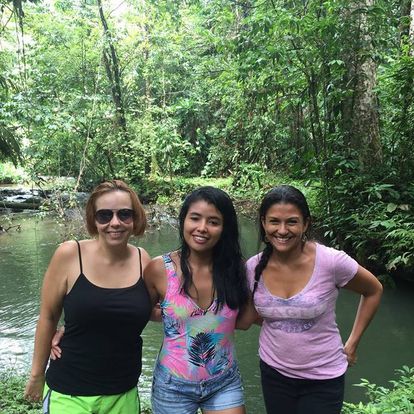
Recreation and Activities
Costa Rica is a country that offers a wide range of recreational activities. The country is known for its beautiful beaches, lush rainforests, and diverse wildlife. Some popular activities include surfing, hiking, birdwatching, and zip-lining. Costa Rica is also home to many national parks, where you can explore the country's natural beauty.
Costa Ricans also enjoy a variety of sports, including soccer, basketball, and volleyball. If you are interested in joining a sports team, there are many local clubs and organizations that offer opportunities to participate in recreational leagues.
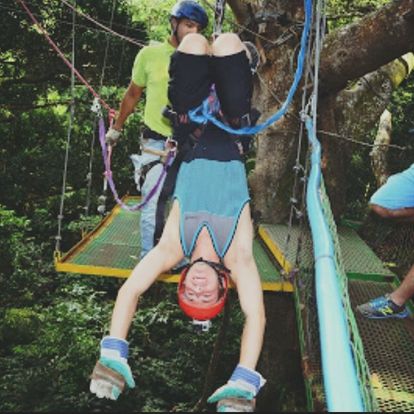
Conclusion
After researching and reviewing the various resources related to Cut The Crap & Move To Costa Rica, it is clear that this travel guide collection can be a helpful tool for those considering a move to Costa Rica. The experiences and insights shared by the authors can provide valuable information and guidance for those looking to make the transition to a new country.
It is important to keep in mind that everyone's experience will be unique, and it is essential to do thorough research and planning before making a move. While the guide can provide a helpful starting point, it is crucial to consider individual circumstances, such as finances, family, and job opportunities, before making a decision.
Additionally, it is worth noting that while Costa Rica can be an attractive destination for those seeking a new adventure, it is not without its challenges. It is essential to consider factors such as language barriers, cultural differences, and adjusting to a new way of life.
Overall, Cut The Crap & Move To Costa Rica can be a useful resource for those considering a move to this beautiful country. However, it is essential to approach the decision with careful consideration and planning to ensure a successful transition.

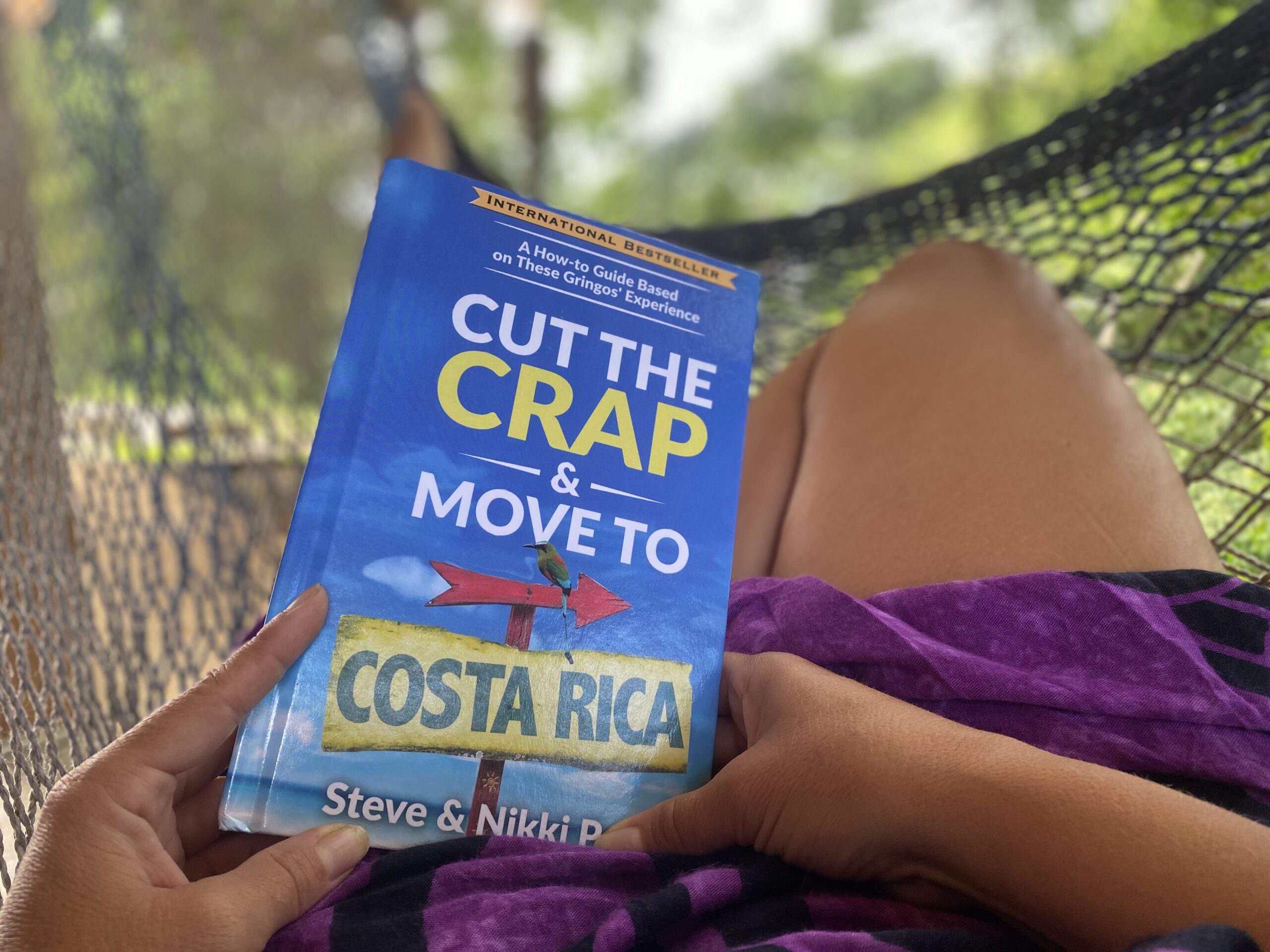


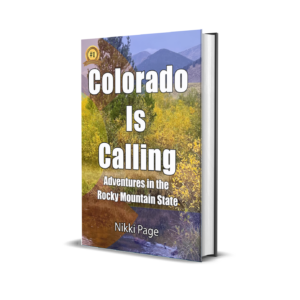

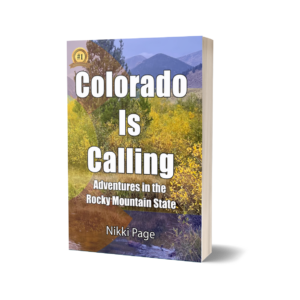


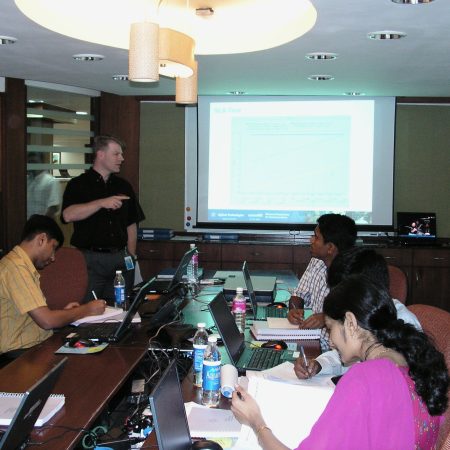
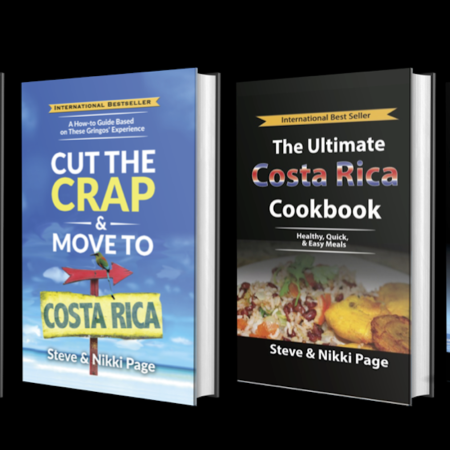

0 comments